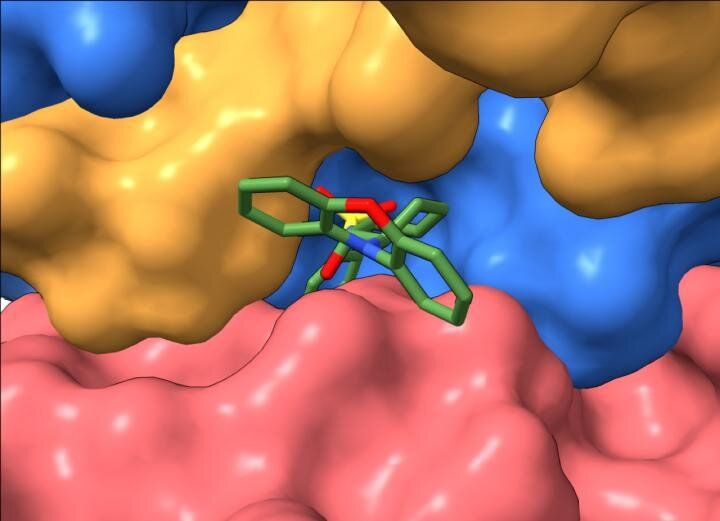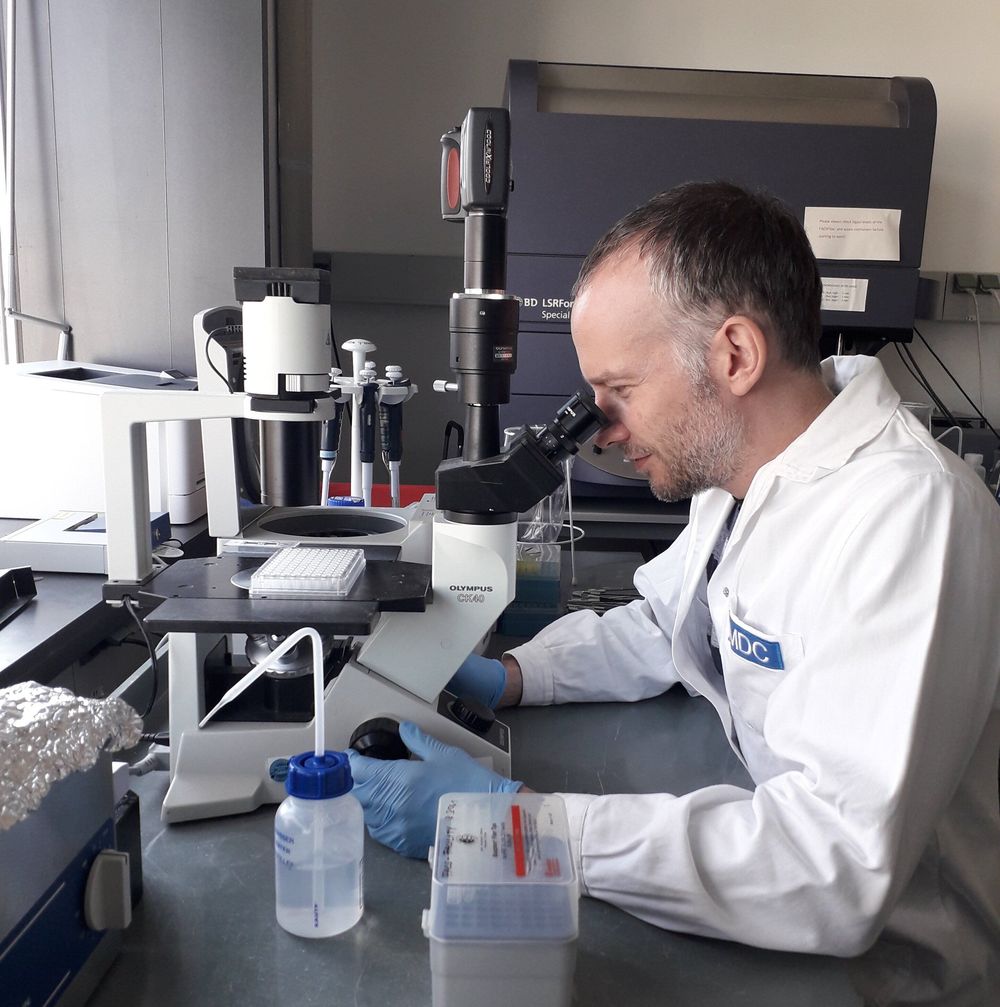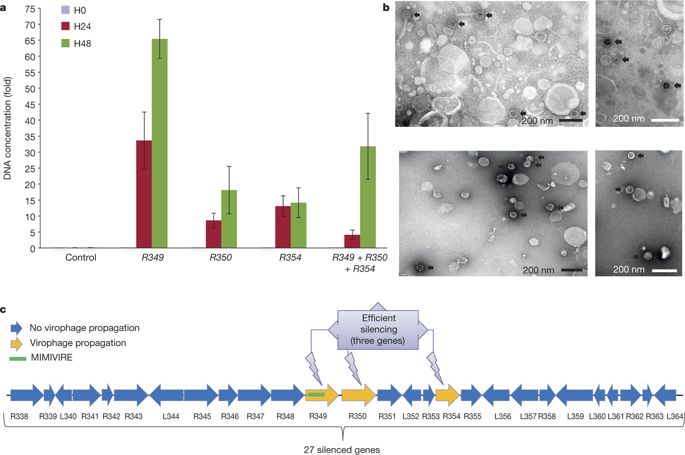A team of scientists led by the University of Michigan Rogel Cancer Center and Case Comprehensive Cancer Center has identified the binding site where drug compounds could activate a key braking mechanism against the runaway growth of many types of cancer.
The discovery marks a critical step toward developing a potential new class of anti–cancer drugs that enhance the activity of a prevalent family of tumor suppressor proteins, the authors say.
The findings, which appear in the leading life sciences journal Cell, are less a story of what than how.






